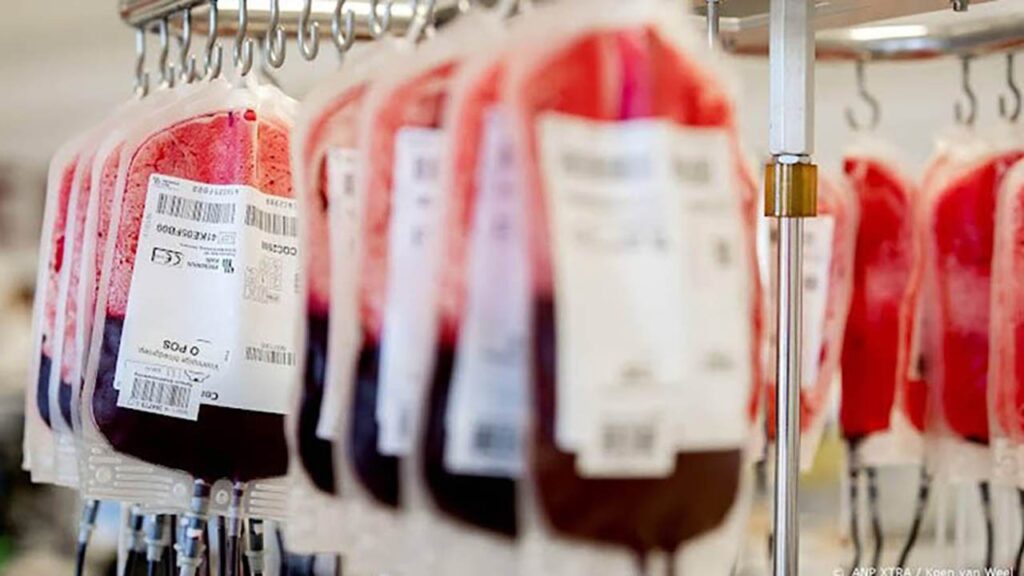In healthcare, labels can be used to convey everything from dosages to patient information. Hard to read or inaccurately applied labels can cause communication errors, increase the risk of mistakes during treatment, and make it harder to properly identify patients.
Because of their importance to patient safety, healthcare labels are heavily regulated with unique requirements for material and label size. This can pose a challenge for healthcare companies that need to improve efficiencies without sacrificing quality; fortunately, there are solutions that help users produce high-quality labels at a low cost.
Here’s what you need to know about healthcare labels:
What are healthcare labels?
Healthcare labels cover a wide range of labels in the healthcare industry, including labels for pharmaceuticals, medical devices, lab equipment, and medical forms.
Healthcare label applications
The healthcare field requires a high level of communication to ensure patients are kept safe and receive proper treatment. Labels are a popular choice for conveying important information and are frequently used on products and paperwork. Common healthcare label applications include:
- Patient admission labels
- Patient identification labels
- Pharmacy labels
- Lab labels
- Medical device labels

Healthcare label best practices
Best practices for healthcare labels will depend on the specific application. However, all healthcare labels should have some common features, like easy-to-read printing that won’t smudge from frequent handling and a strong adhesive. This will help the label withstand the harsh demands of healthcare environments and make sure information remains eligible.
On the label itself, companies may want to incorporate barcodes to increase traceability and clear instructions in plain language (if patient facing). Other details will depend on what the label is being used for.
Benefits of high-quality healthcare labels
High-quality labels clearly display information that healthcare staff and patients need for good care. This can improve transparency, reduce errors, and help streamline processes.
Companies struggling with quality may want to consider investing in an automatic labeling solution, which can apply a broad assortment of preprinted labels that are customizable to fit your needs, including your unique supply chain process. These machines provide reliability and modularity at a low ownership cost for a strong return on investment.
Learn about automatic labeling machines for healthcare and pharmacy here.
